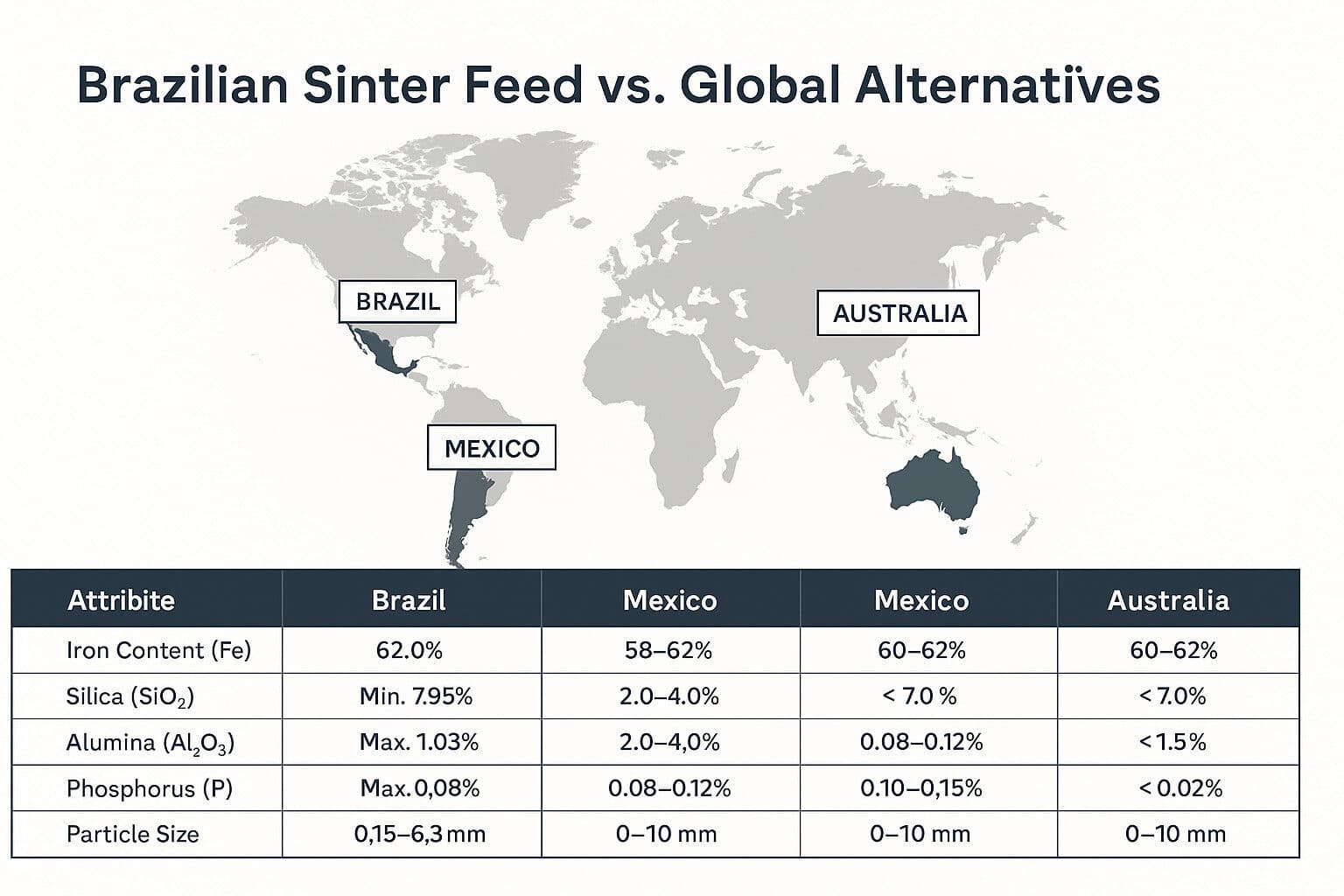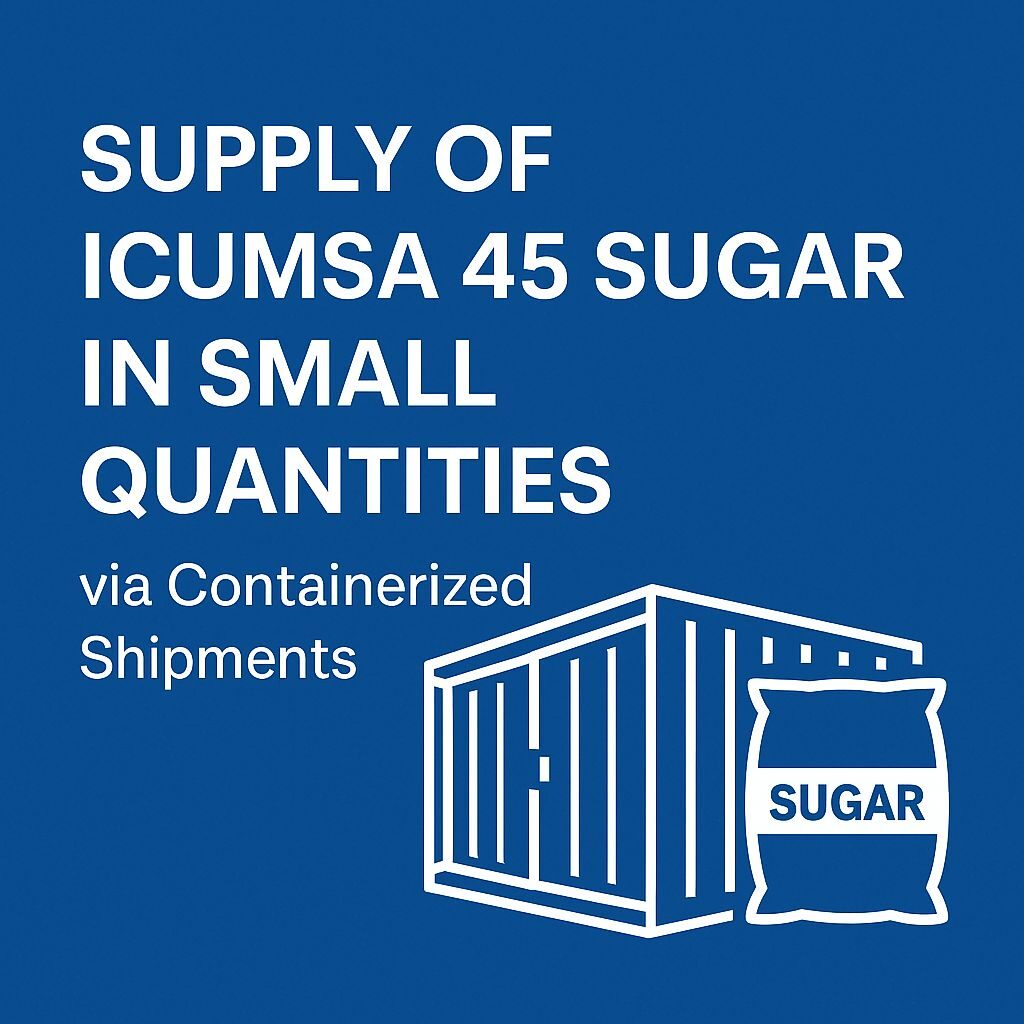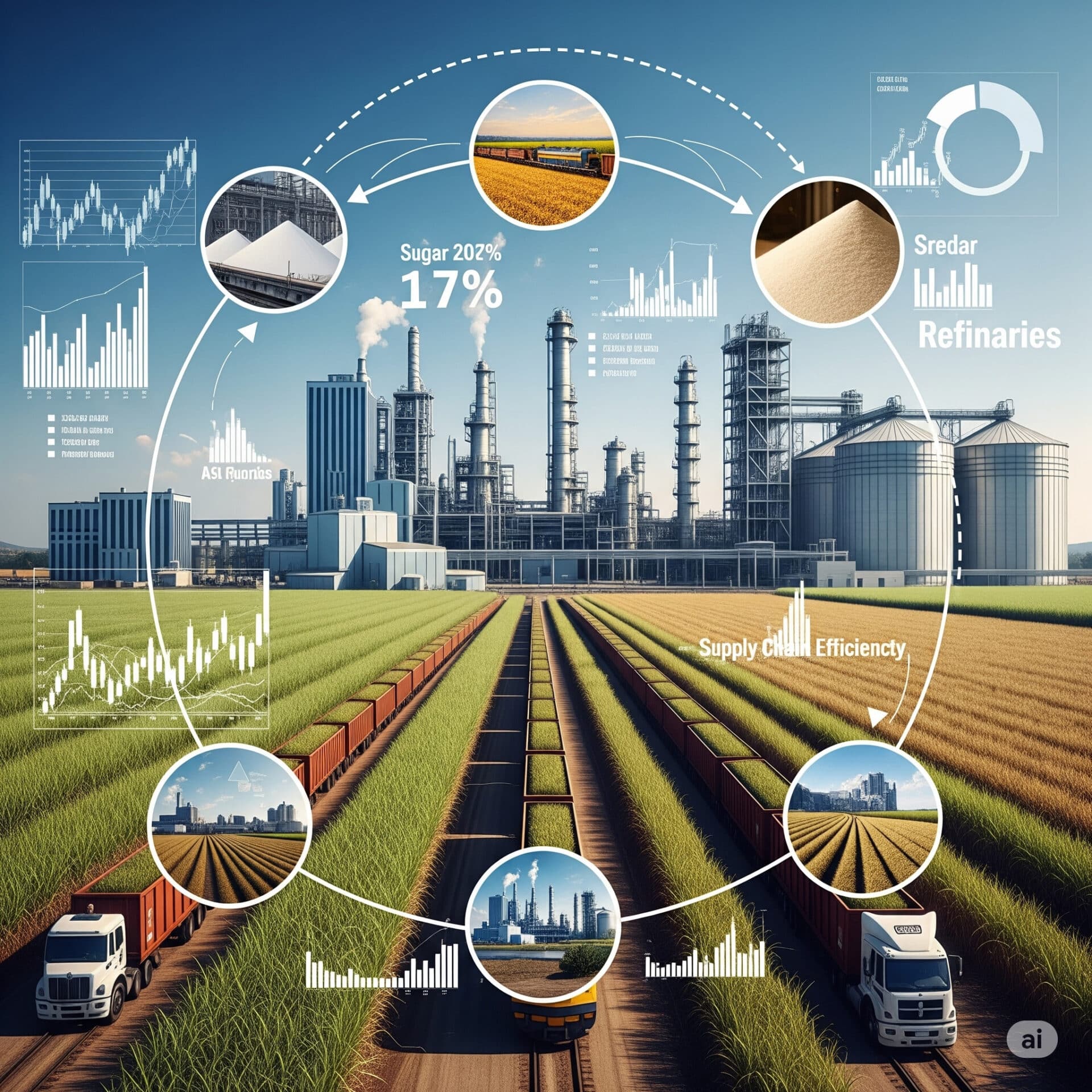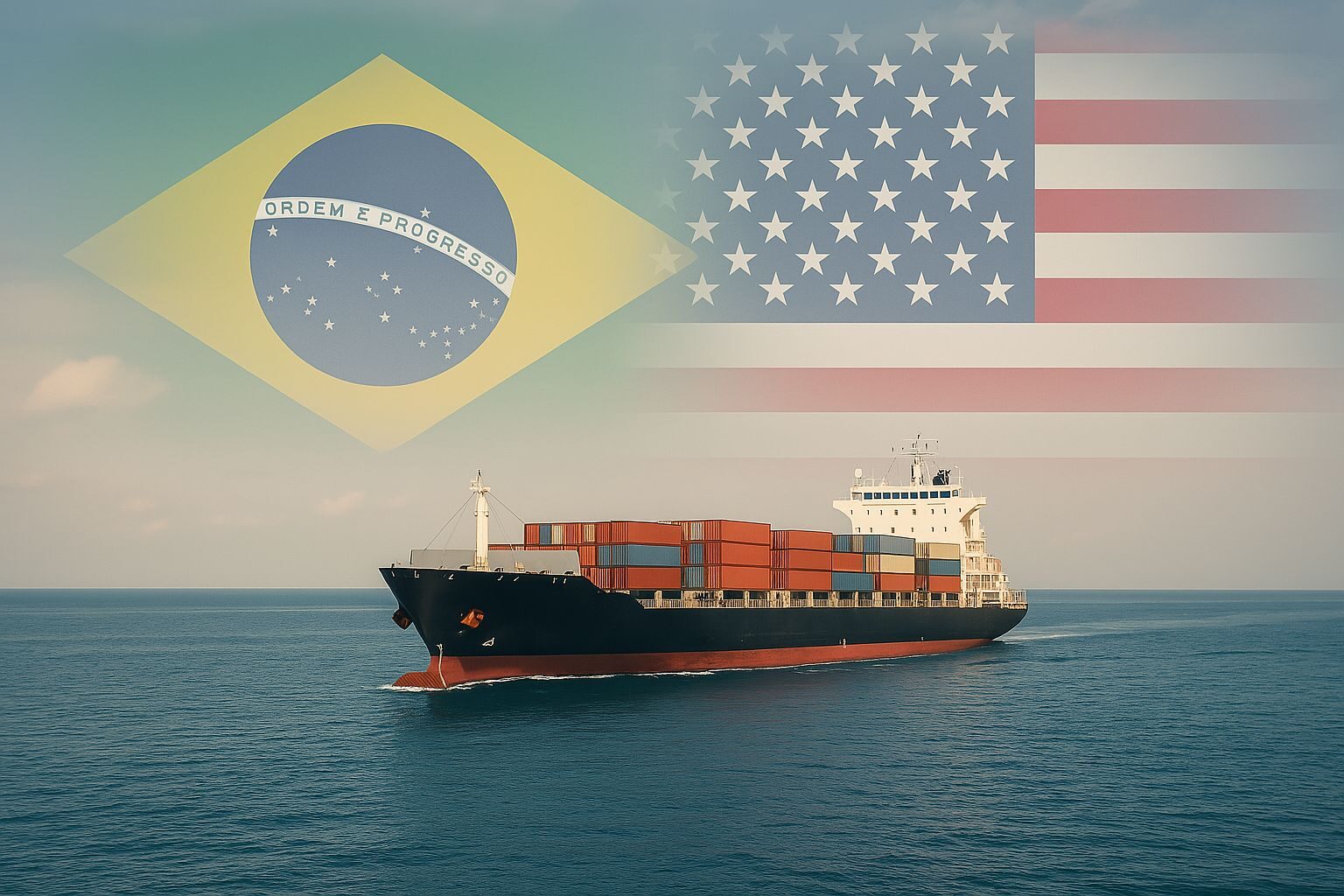Fish Meal: Origin, Production, Nutritional Value, and Applications
Definition of Fish Meal
Fish meal is a protein-rich powder or cake produced from fish and other aquatic animals. It is a valuable ingredient in animal feed and aquaculture, providing essential nutrients for optimal growth and development.
Importance of Fish Meal in Animal Feed and Aquaculture
Fish meal is a highly digestible source of protein, essential amino acids, and other nutrients crucial for animal health and productivity. It plays a vital role in the formulation of balanced diets for various livestock, poultry, and farmed fish species.
Origin and Production Process
Raw Materials Used for Fish Meal Production
Fish meal is primarily produced from whole fish, offal, and trimmings from the fish processing industry. It can also be made from other aquatic animals such as krill, shrimp, and squid.
Types of Fish Used for Fish Meal Production
A wide variety of fish species are used for fish meal production, including anchovies, sardines, menhaden, herring, and tuna. The specific species used depends on availability, seasonality, and market demand.
Overview of the Fish Meal Production Process
The fish meal production process typically involves the following steps:
1. Cooking: The raw materials are cooked to separate the oil and protein.
2. Pressing: The cooked material is pressed to extract the oil.
3. Drying: The pressed material is dried to reduce moisture content.
4. Grinding: The dried material is ground into a powder or cake form.
Dry Rendering vs. Wet Rendering
There are two main methods of fish meal production: dry rendering and wet rendering. Dry rendering involves cooking and drying the raw materials without the use of water, while wet rendering involves cooking the materials in water and then separating the oil and protein.
Importance of Freshness and Quality Control in Fish Meal Production
Freshness and quality control are crucial in fish meal production to ensure the nutritional value and safety of the product. The raw materials must be fresh and free from spoilage, and the production process must be carefully controlled to minimize contamination and oxidation.
Nutritional Value of Fish Mea
Protein Content and Amino Acid Profile
Fish meal is a rich source of protein, typically containing 60-70% crude protein. It also contains a well-balanced amino acid profile, including essential amino acids that animals cannot synthesize on their own.
Fat Content and Omega-3 Fatty Acids
Fish meal contains varying amounts of fat, depending on the species and processing method. It is a good source of omega-3 fatty acids, which are beneficial for animal health and human nutrition.
Vitamins and Minerals
Fish meal is also a source of various vitamins and minerals, including vitamin A, vitamin D, calcium, and phosphorus. These nutrients are essential for animal growth, development, and immune function.
Importance of Fish Meal in Animal Feed and Aquaculture
The high protein content, balanced amino acid profile, and presence of essential nutrients make fish meal a valuable ingredient in animal feed and aquaculture. It helps to improve animal growth, feed efficiency, and overall health.
Uses of Fish Meal
Animal Feed: Chicken, Pigs, Cows, and Shrimps
Fish meal is widely used as a protein source in animal feed for various livestock and poultry species, including chickens, pigs, and cows. It is also used in feed for farmed shrimp and other aquatic animals.
Aquaculture: Farmed Fish and Shrimp
Fish meal is an essential ingredient in the diets of farmed fish, such as salmon, trout, and tilapia. It provides the necessary nutrients for optimal growth and development in these species.
Importance of Fish Meal in Animal Feed and Aquaculture
Fish meal plays a crucial role in supporting the global food production system by providing essential nutrients for animal growth and development. It is a valuable ingredient in both animal feed and aquaculture, contributing to the efficient production of high-quality animal products.
Benefits of Fish Meal in Animal Feed and Aquaculture
The use of fish meal in animal feed and aquaculture offers several benefits, including:
- Improved animal growth and feed efficiency.
- Enhanced immune function and overall health.
- Increased production of high-quality animal products.
- Reduced environmental impact compared to other protein sources
Quality Control and Preservation
Importance of Antioxidants in Fish Meal Production
Antioxidants are added to fish meal during production to prevent oxidation and spoilage. This helps to maintain the nutritional value and quality of the product.
Methods of Preserving Fish Meal
Fish meal can be preserved using various methods, including drying, ensiling, and chemical preservation. These methods help to extend the shelf life of the product and prevent spoilage.
Factors Affecting Quality of Fish Meal
Several factors can affect the quality of fish meal, including the freshness of the raw materials, the processing method, and the storage conditions. It is important to ensure that fish meal is produced and stored under optimal conditions to maintain its nutritional value and safety.
Importance of Freshness and Quality Control in Fish Meal Production
Freshness and quality control are essential throughout the fish meal production process to ensure the safety and nutritional value of the final product. This includes using fresh raw materials, following proper processing methods, and implementing effective preservation techniques.
Main Importers and Exporters
The global fish meal market is expected to reach a value of approximately \$18 billion by 2028, driven by the increasing demand for animal protein and the growth of the aquaculture industry.
Major Importing and Exporting Countries
The major importers of fish meal include China, the United States, Japan, and Vietnam. The major exporting countries include Peru, Chile, Norway, and Denmark.
Prices and Market Trends
The price of fish meal is influenced by various factors, including supply and demand, production costs, and global economic conditions.
Factors Influencing Fish Meal Prices
Several factors can influence fish meal prices, including:
- Availability of raw materials.
- Production costs.
- Demand from animal feed and aquaculture industries.
- Global economic conditions
Impact of Trade and Production on Fish Meal Prices
International trade and production levels can significantly impact fish meal prices. Changes in supply and demand, as well as production costs, can lead to fluctuations in fish meal prices.
Summary of Key Points
Fish meal is a valuable protein-rich ingredient in animal feed and aquaculture, providing essential nutrients for optimal growth and development. It is produced from fish and other aquatic animals through a carefully controlled process that involves cooking, pressing, drying, and grinding.
Fish meal is a rich source of protein, essential amino acids, omega-3 fatty acids, and various vitamins and minerals. It plays a crucial role in supporting the global food production system by providing essential nutrients for animal growth and development.
The global fish meal market is expected to continue growing in the coming years, driven by the increasing demand for animal protein and the growth of the aquaculture industry.
Importance of Fish Meal in Animal Feed and Aquaculture
Fish meal is a valuable ingredient in animal feed and aquaculture, providing essential nutrients for optimal growth and development. It plays a crucial role in supporting the global food production system by providing essential nutrients for animal growth and development.
Disclaimer: The information provided in this article is based on current research and industry trends. However, the fish meal market is dynamic, and the information presented here may change over time. It is recommended to consult







